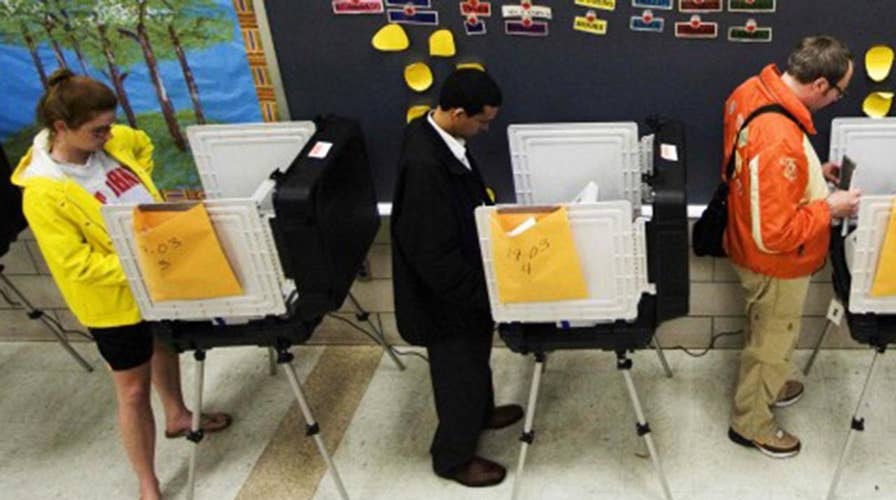Poll: Democrats have two-to-one lead among millennials
How can Republicans gain more ground with millennial voters? Candace Owens of Turning Point USA provides insight.
Can you recall the sound of a dial-up modem when it connected to the Internet? Is there a time when you asked Jeeves a question? Did you ever talk to your school crush in an AIM chatroom with a fake user name? Have you ever owned a mobile flip phone?
If you answered yes to any of these questions, you might be a millennial.
The term ‘millennial’ has carried negative connotations to the point of being a pejorative, at times associated with laziness and entitlement. As a recent New York Times poll suggests, not even millennials want to be called millennials.
“We are trying to step out from under the shadow of millennials by working hard and not expecting the world to fall in our laps,” said one respondent. “We are realistic but determined to succeed.”
But what exactly constitutes a millennial? A new study released Thursday by the Pew Research Center tries to define what exactly it means to be a ‘millennial.’
According to the study, millennials are the generation born between 1981 and 1996 (ages 22-37 in 2018). Those born after 1997, will be part of a new generation, Pew said. While no generation can be conclusively defined, certain historical markers can delineate when one generation ends and another begins.
“Many millennials came of age and entered the work force at the height of the economic recession, but many young adults today are entering the work force in an era of economic growth and low unemployment,” a research associated at the Pew Research center said.
The research suggested that the next generation will not experience the same impediments to buying a home or marrying, that many millennials have struggled with.










































